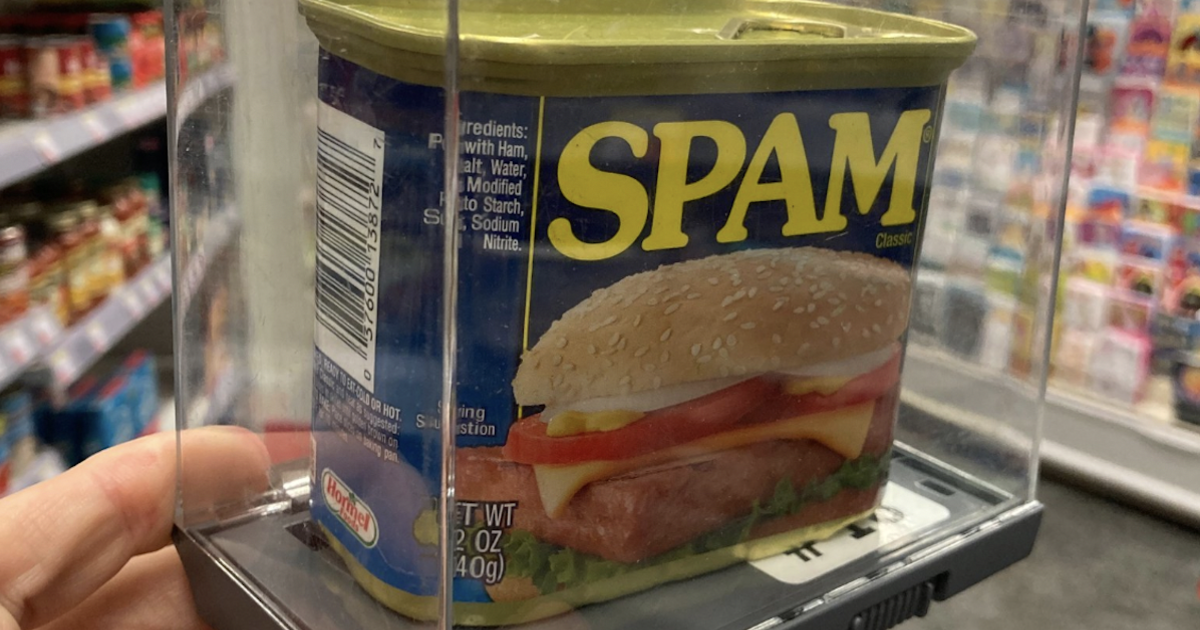Some New Yorkers are resorting to theft as inflation lifts the cost of everyday goods, including food.
Drugstores in parts of New York City are on high alert amid a rise in shoplifting and are increasing security measures to stop theft. Cans of Spam, a cooked pork product that retails for $3.99 per 12-ounce tin, appeared to be encased in an antitheft container at a Duane Reade store in Manhattan, according to a customer who shared an image of the loss-prevention device on Twitter.
The thoroughly revamped loss-prevention regime at the Port Authority Duane Reade has finally created something of beauty, a sort of Jeff Koons homage. pic.twitter.com/gtlpzY2l9G
— willy 🌜💧 (@willystaley) July 28, 2022
Cans of Celebrity brand ham, which retails for $3.49, were also encased in plastic, according to a customer tweeted an image of the product.
I'd love to have one to keep, case and all — but there's only one way to do that… pic.twitter.com/PX3dbSd52B
— willy 🌜💧 (@willystaley) July 28, 2022
In June, the consumer price index rose 9.1% in from a year earlier, the highest inflation in more than 40 years.
The COVID-19 pandemic has also led to a rise in retail crime, due in part to the increase in online shopping. Thieves have become more brazen in stealing from stores because they can sell items online, experts have said.
Walgreens, which owns Duane Reade, did not immediately reply to CBS MoneyWatch’s request for comment.
In May, New York Mayor Eric Adams and Attorney General Letitia James announced the arrest of 41 people who were allegedly part of a crime ring that stole thousands of items from drugstores, along with luxury clothing and goods.
stole luxury clothing and goods and thousands of items from drug stores that were then resold on eBay
While locking up popular items in stores is one way to prevent theft, it can also deter consumers who don’t have the patience to flag down a salesperson to unlock the item they wish to purchase.
“Retailers do all sorts of things to protect product, but even when merchandise is locked up it hurts sales because they don’t have the manpower to unlock things for customers,” Tony Sheppard, the head of loss prevention at ThinkLP software, told CBS MoneyWatch.
